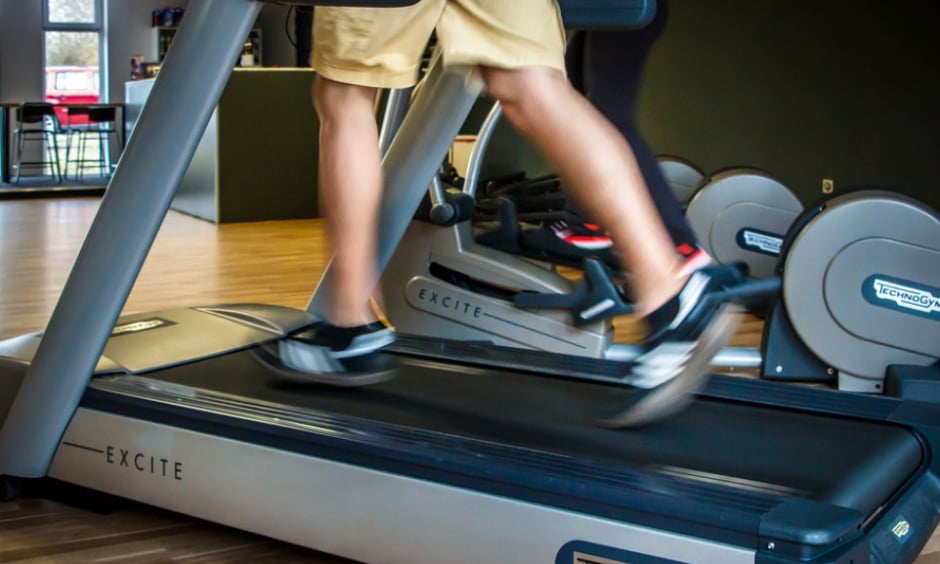KIDNEY function could be negatively impacted by drinking a soft drink after exercising or carrying out manual labour. A team of researchers at the University of Buffalo, Buffalo, New York, USA, tested participants who consumed soft drinks (defined here as a caffeinated, high fructose drink) during and after physical exertion. The study revealed that these individuals displayed markers of acute kidney injury (AKI). The participants also had raised levels of vasopressin, which raises blood pressure, and were mildly dehydrated.
Participants underwent a series of tests before, straight after, and 24 hours after the study was carried out. Blood pressure, heart rate, and core body temperature were recorded along with measurements that can be used as markers of AKI: creatinine levels in the blood and glomerular filtration rate. The researchers stated: “[T]he purpose of our study was to test the hypothesis that consuming a soft drink during and following exercise in the heat elevates biomarkers of AKI, compared to a water control trial.”
Twelve healthy adults were recruited into the study, with an average age of 24 years. The study required them to complete 45 minutes of activity, which consisted of 30 minutes on a treadmill and 15 minutes of physical work resembling that which would be carried out on an agricultural site. This was followed by 15 minutes of relaxation time, in which the participants consumed 16 ounces of either a citrus-flavoured, high-fructose caffeinated soft drink or water. This was repeated a further three times and the participants returned to repeat this 4-hour cycle a week or more later. The participants that consumed the soft drink in the first trial had water in the second and vice versa. One of the key findings was that an increase in serum creatinine ≥0.30 mg/dL was found in 75% of individuals in the soft drink cohort and 8% in the water cohort (p=0.02).
While further work is required, the results indicated that the participants who had consumed the soft drinks displayed both markers of AKI and were mildly dehydrated. The researchers concluded: “The consumption of soft drinks during and following exercise in the heat does not rehydrate. Thus, consuming soft drinks as a rehydration beverage during exercise in the heat may not be ideal.”








